Taunton, Somerset, has been confirmed as the site for a trial of new DC technology which could help deliver an estimated 217,000 electric vehicle (EV) chargers in urban spaces.
Western Power Distribution’s (WPD) DC Share project, which has received over £4.7m in funding through Ofgem’s Network Innovation Competition, will test a new method of pooling spare network capacity from several local substations.
This will enable low carbon infrastructure, such as rapid EV chargers or battery energy storage, to be quickly connected without the need for expensive network reinforcement.
If expanded across other UK electricity networks, WPD estimates that DC Share’s technology could save customers an estimated £162m in network reinforcement costs by 2050.
These savings will be made by allowing network providers to make smarter use of the existing electricity network, by harnessing spare capacity within existing substations, rather than investing millions in new infrastructure.
The trial in Taunton, which will be led by project partner Ricardo Energy and Environment, will use innovative power electronic equipment to link four local substations across the town centre, sharing their unused capacity to power 15 rapid EV chargers, including five 100kW rapid chargers intended to recharge the average electric vehicle in around 30 minutes.
Ricky Duke, WPD Innovation & Low Carbon Network Engineer, yesterday commented: ‘Today’s confirmation of Taunton as the DC Share project site is an important step to securing the massive savings and decarbonisation benefits that DC meshing technology could bring to the UK.
‘As we look beyond Covid-19 towards the UK’s goal of Net Zero by 2050, innovative, low carbon technologies will be at the heart of the UK’s green recovery. Insights from DC Share will have a key role in helping us to build a stronger and cleaner UK economy.
‘DC Share is a win-win: this technology will allow us to rapidly decarbonise transport by making smarter use of existing infrastructure. That means less carbon emissions, while reducing the need for expensive infrastructure and network reinforcements in constrained urban communities.’
DC (direct current) is a constant electrical electric charge similar to the output of a battery and is used by nearly all low carbon technologies.
Using DC technology rather than the more commonly used AC (alternating current) means that the use of electricity is more efficient as it does not have to go through the conversion process, which results in a loss of energy.
DC charge also means that there is the flexibility to move power to where there is a high load, something which is more difficult to achieve with AC.
Michael Feasey, the overall Project Manager from Ricardo said: ‘This project takes UK networks another step forward in developing flexible networks and supporting the mass adoption of electric vehicles.
‘By using a DC equalization network to support the existing infrastructure and to facilitate large demand from rapid chargers, we are demonstrating that there are alternatives to traditional reinforcement. We are delighted to be using the combined expertise from all Project Partners to help the UK transition to a low carbon economy.’
Cllr Peter Pilkington, the Lead Member for Climate Change at Somerset West and Taunton council, commented: ‘We’re delighted to host this ground-breaking low carbon energy trial, bringing essential EV charging infrastructure to the local residents of Taunton.
‘This complements Somerset West and Taunton initiatives across the wider district such as our rural electric vehicle charging point fund for parish and town councils. Encouraging and enabling the use of electric vehicles is an important part of working towards making the council and the area as a whole carbon neutral by 2030.’











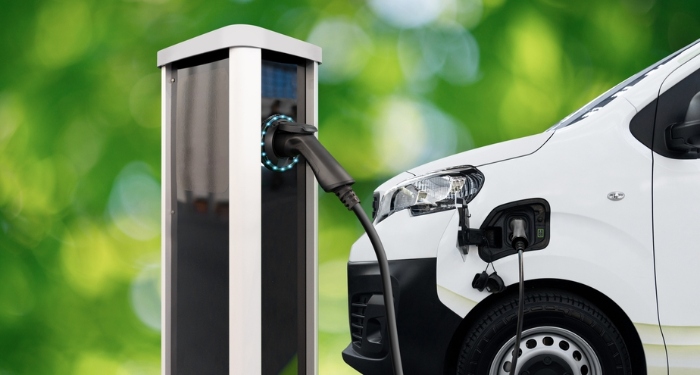
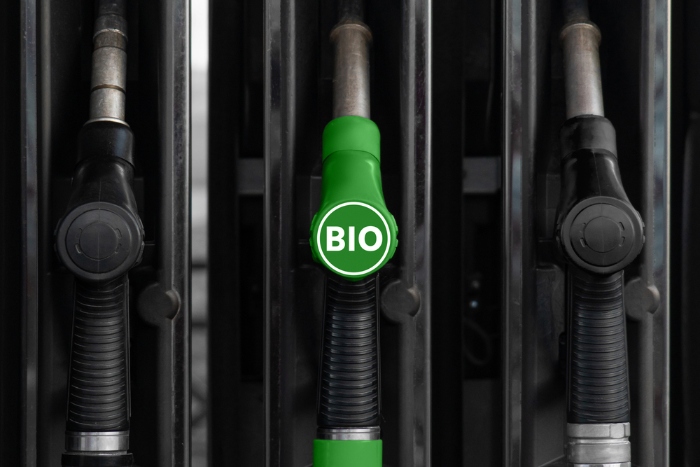
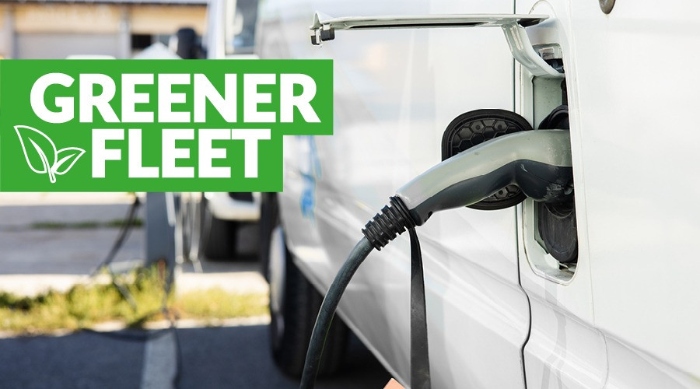
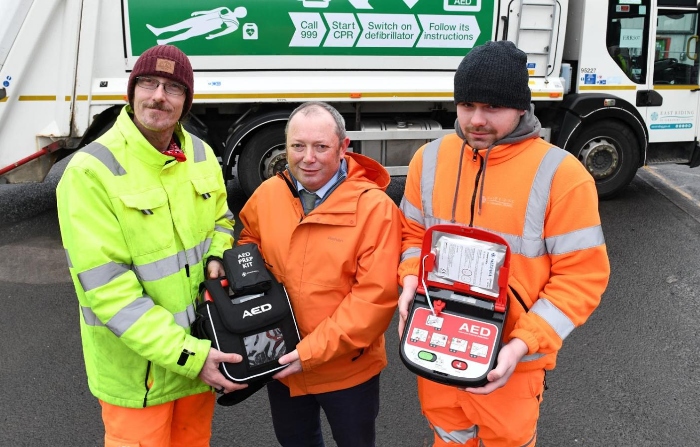

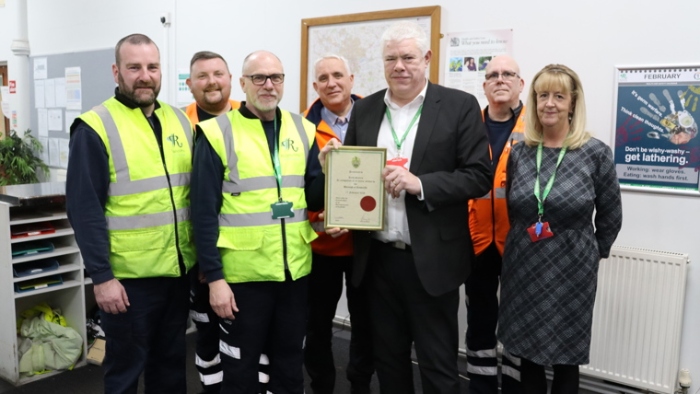
Leave a Reply